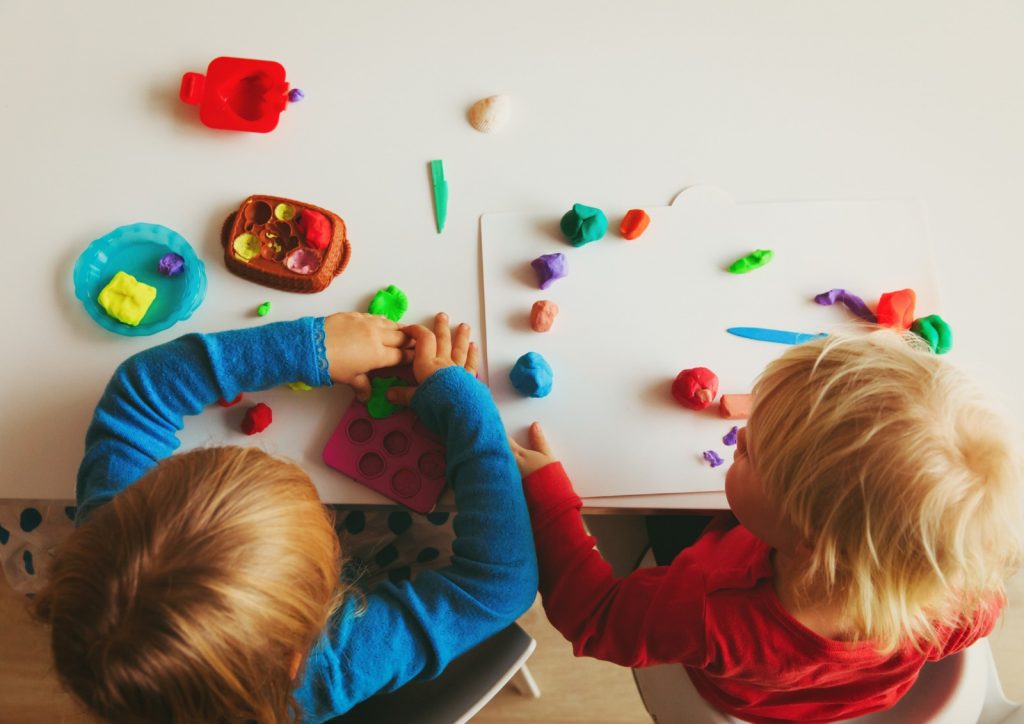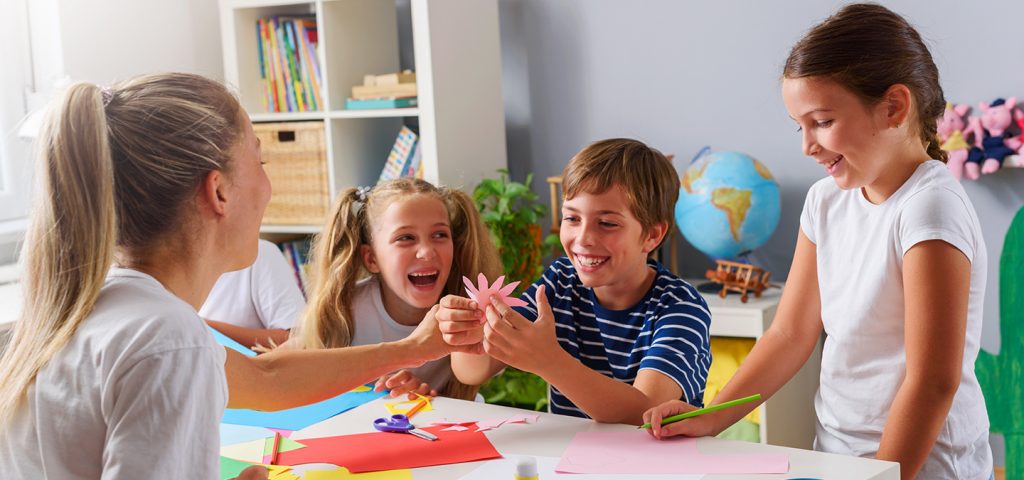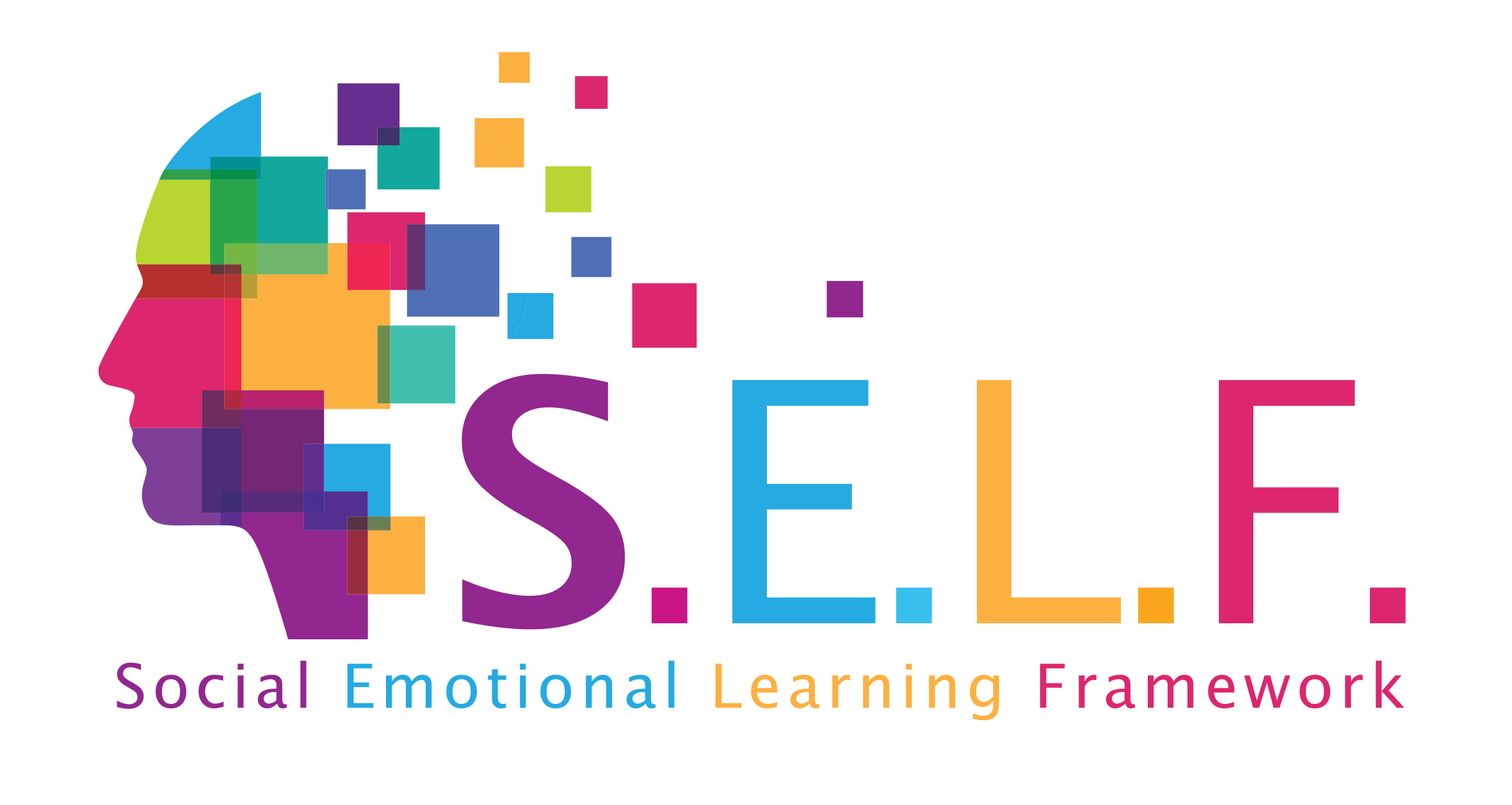SOCIAL AWARENESS AND
RELATIONSHIP BUILDING SKILLS
What Are Social Awareness and Relationship Building Skills?
Why Is It Important?
Best Practices
What Are Social Awareness and Relationship Building Skills?

Social Awareness is the ability to take the perspective of and empathize with others from diverse backgrounds and cultures. Research shows that students with strong social awareness adapt easily to their environment, are empathetic to others, and have fewer behavioral problems. Findings also show that students who demonstrate strong social awareness are better able to engage in effective communication with their peers to resolve conflicts when they arise.
Through social awareness, an individual is capable of developing an awareness of the feelings, values, and identities of others, and themselves; understanding social and ethical norms; and recognizing family, school, and community resources and supports.
Why Is It Important?
Why Is Social Awareness Important?
- Positive Classroom Climate: Students with strong social awareness adapt more easily to their environment, empathize with the perspectives of others, and engage in fewer disruptive classroom behaviors. This, in turn, creates an environment where students can focus on learning.
- Better Relationships: Students who demonstrate strong social awareness are able to engage in constructive communication with their peers and resolve conflicts more actively and effectively. These students engage in a better communication with their friends and social environment.
- Better Behavioral Skills: Students who can adapt to new environments, understand the needs and perspectives of others, and who are aware of where to ask for support when they need it, are less likely to experience emotional problems, while being able to cope more easily with issues that affect academic achievement.
- Greater Academic Achievement: When students demonstrate cooperation, communication, and social responsibility skills, a more effective learning experience is created in the classroom. This contributes to their approach to the class, behaviors, and performance.

What are relationship building skills?
Relationship skills pertain to the ability to establish rewarding relationships by listening actively, communicating clearly, and negotiating conflict constructively especially with diverse individuals and groups.
Why Are They Important?
Relationship skills are key to promote positive relationships between peers and a classroom environment that fosters socio-emotional development and academic learning. There is a correlation between positive peer relationships and participation in school, including increased participation in class. Considering the time students spend with classmates and schoolmates, developing healthy peer relationships is a major component to create a sense of belonging at school for students. Moreover, peer relationships give the opportunity to learn and implement both personal skills (e.g. managing emotions) and interpersonal skills (e.g. understanding the perspectives of peers, problem-solving with peers).
A key skill that reinforces students’ ability to develop and maintain positive relationships within and outside the classroom is the ability to understand others’ feelings and opinions. Demonstrating the ability to embrace someone else’s perspective allows for the development of more rewarding relationships with others, including those who have different values and beliefs. Students who are better at grasping others’ perspective in the classroom collaborate more with each other when it comes to reaching a shared goal or taking part in cooperation. This, in turn, paves the way for benefits from peer learning; constructive communication with peers; and resolution of conflicts when they arise. Perspective development skills are important for helping students connect with others through compassion, kindness, empathy, and cooperation.
